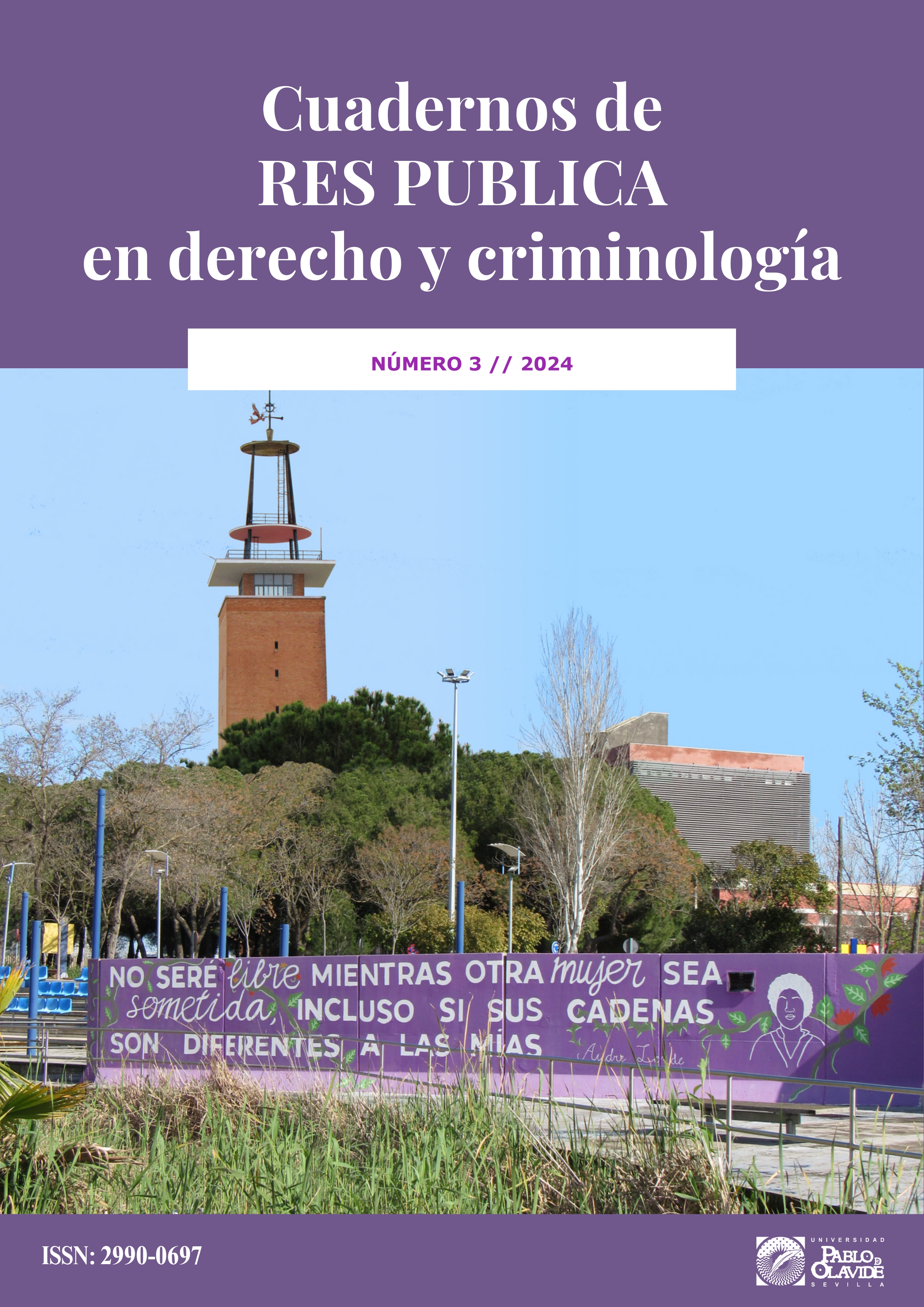Introducción al monográfico especial sobre “Cuestiones en torno a los Delitos de odio: delimitación, impacto y expansión”
DOI:
https://doi.org/10.46661/respublica.10280Resumen
Los popularmente conocidos como «hate crimes» o «delitos de odio» suponen creencias prejuiciosas exteriorizadas que, siendo deshumanizantes, llevan consigo una visión estereotipada hacia una condición personal de la víctima que afecta a su núcleo identitario. Sea cual sea su manifestación externa, las claves para entender este tipo de violencia giran en torno a la dimensión colectiva, siendo preciso en todo caso, para corroborar su existencia, que el autor del delito haya sido consciente de que su mensaje iba a trascender a la víctima inmediata que hubiera sido escogida por su pertenencia —o presunta pertenencia— a un grupo de entre los que se encuentran legalmente protegidos. Este colectivo, a su vez, se convierte en el receptor último de la amenaza velada, que se proyecta contra todos y cada uno de sus miembros.
Descargas
Descargas
Publicado
Cómo citar
Número
Sección
Licencia
Derechos de autor 2024 Marta Rodríguez Ramos, Iñigo Gordon Benito

Esta obra está bajo una licencia internacional Creative Commons Atribución-NoComercial-CompartirIgual 4.0.




